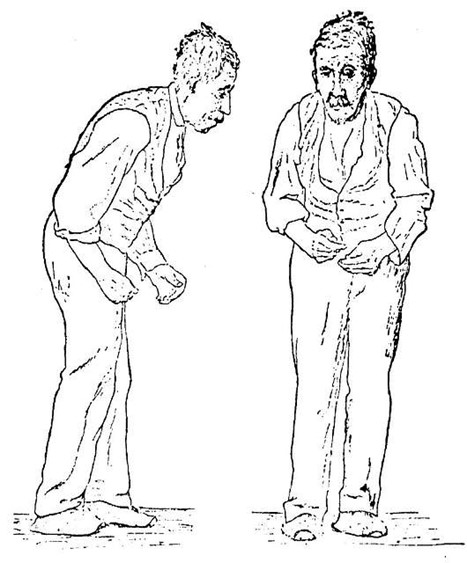Psychotherapy Takes Center Stage in New PTSD Guidelines
Post-traumatic stress disorder (PTSD) is a mental health condition that’s triggered by experiencing or witnessing a traumatic event. Its impact on individuals and communities can be profound and far-reaching, affecting daily functioning and quality of life. In recent years, there has been a growing recognition of the need for effective treatments, leading to new developments in guidelines for managing PTSD. The latest shift in these guidelines is placing a stronger emphasis on psychotherapy as a primary mode of treatment.
Understanding PTSD: A Brief Overview
PTSD can develop after exposure to a terrifying event or ordeal in which grave physical harm occurred or was threatened. The symptoms of PTSD can include:
- flashbacks
- nightmares
- severe anxiety
- uncontrollable thoughts about the event
These symptoms can be debilitating, making it difficult for sufferers to carry out routine daily activities and maintain healthy relationships.
The Evolution of PTSD Treatment
Historically, PTSD treatment has included a combination of medication and psychotherapy. Medications, such as selective serotonin reuptake inhibitors (SSRIs), have been commonly prescribed to help manage symptoms. However, recent guidelines highlight the paramount importance of psychotherapy, reflecting an evolving understanding of PTSD’s complexities and how best to address them.
Why Psychotherapy?
Psychotherapy, also known as talk therapy, involves working with a mental health professional to reduce PTSD symptoms. The emphasis on psychotherapy in the new guidelines is based on robust evidence supporting its effectiveness. Key forms of psychotherapy for PTSD include:
- Cognitive Behavioral Therapy (CBT): This type of therapy helps patients understand and change the way they think and behave, which can affect the way they feel. CBT for PTSD often involves exposure therapy, where patients are gradually exposed to thoughts, feelings, and situations that remind them of the trauma in a controlled and safe way.
- Eye Movement Desensitization and Reprocessing (EMDR): EMDR helps patients process and integrate traumatic memories through guided eye movements. This process is thought to change the way the brain stores these memories, reducing their powerful emotional impact.
- Prolonged Exposure Therapy: This therapy helps patients confront and process their trauma-related thoughts and feelings by repeatedly recounting the traumatic event and gradually approaching avoided situations that cause distress.
- Narrative Exposure Therapy: This approach involves creating a detailed narrative of the traumatic event and the individual’s life story to contextualize the trauma within a broader life perspective.
The New PTSD Guidelines
The new guidelines underscore psychotherapy as the cornerstone of PTSD treatment, reflecting its proven efficacy in addressing the root causes and symptoms of the disorder. This shift is driven by several factors:
- Long-term Effectiveness: Studies have shown that the benefits of psychotherapy often persist long after treatment has ended, whereas the benefits of medication may diminish if the medication is discontinued.
- Holistic Healing: Psychotherapy addresses the psychological and emotional aspects of trauma, helping individuals develop coping strategies and resilience.
- Personalization: Psychotherapy can be tailored to the specific needs and experiences of the individual, making it a flexible and personalized approach.
Implications for Patients and Providers
For patients, the new guidelines offer a clear path toward recovery that prioritizes long-term mental health and well-being. Patients are encouraged to engage with mental health professionals who can provide evidence-based psychotherapeutic treatments.
For healthcare providers, the guidelines necessitate a commitment to ongoing training and education in the latest psychotherapeutic techniques and approaches. This ensures that providers are equipped to deliver the most effective care possible.
To learn more, check out this summary from Harvard Health Publishing.
By prioritizing psychotherapy, the new guidelines acknowledge the complexity of PTSD and the need for comprehensive, patient-centered approaches. As research continues to evolve, the hope is that these guidelines will lead to better outcomes for individuals living with PTSD, helping them reclaim their lives from the shadows of trauma.
In such scenarios, considering the utilization of supplements from Asher Longevity Institute can significantly enhance your body’s overall health.




